Regulation
Bloomberg Analyst Shares Timeline On SOL, XRP, LTC, HBAR ETFs’ Approval
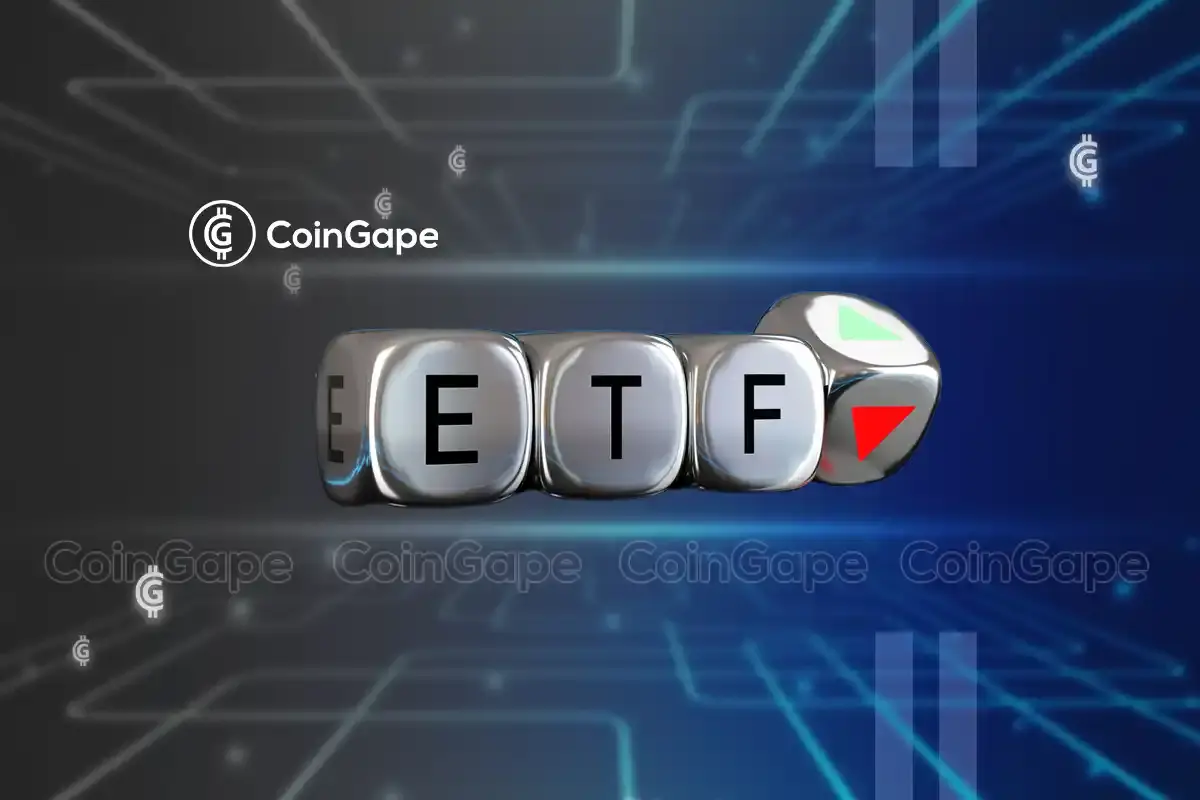
Bloomberg Analyst James Seyffart has outlined potential timelines for the approval of Solana (SOL), XRP, Litecoin (LTC), and Hedera (HBAR) exchange-traded funds (ETFs). As regulatory discussions gain traction in the United States, Seyffart predicts that decisions on these altcoin ETFs may extend into late 2025, depending on various factors.
Bloomberg Analyst Shares Timeline On Altcoin ETFs’ Approval
According to Bloomberg Analyst James Seyffart, the current environment is still a bit murky when it comes to altcoin ETFs because of previous decisions made by the SEC. The approval of Bitcoin and Ethereum ETFs was mainly due to their connection with the CME regulated futures markets. However, many of the altcoins, including SOL and XRP, do not have regulated futures markets by their side and this could slower down the process of ETF consideration.
“Without a regulated market of significant size, the SEC has historically denied altcoin ETF applications,” said Seyffart. He noted that new SEC leadership in 2025 could alter these guidelines, but timeframes for obtaining approval are still unclear.
Seyffart also noted that even though firms like WisdomTree and 21Shares have recently applied for XRP ETFs, the current regulations do not permit their launch. Some of the issues that will need to be sorted out include the issue of market manipulation, custody and compliance issues before such products can be allowed to go through.
XRP ETF Applications and Staking in ETFs
Recent XRP ETF filings, including one by WisdomTree under the name “WisdomTree XRP Fund,” are seen as a step forward for altcoin ETFs. The registration for this fund was submitted in Delaware, and the company is expected to file the formal S-1 registration with the US SEC soon.
Bloomberg Analyst James Seyffart has emphasized that staking for altcoins like Ethereum and potentially others, such as SOL and XRP, could become an essential component of future ETFs. However, he noted that current regulations do not permit staking within ETF structures.
“If a more crypto-friendly US SEC administration takes charge, we may see staking allowed in 2025,” he said, suggesting that allowing staking could increase demand for such products.
Filing Timelines and US SEC Approval Process
Bloomberg Analyst James Seyffart has outlined the difference between the two key filing processes for ETFs: the 19b-4 rule filings with the SEC’s Division of Trading Markets, which starts a formal review period with set deadlines, and S-1 prospectuses, which lack fixed timelines.
He noted that while Bitcoin and Ethereum ETFs progressed through the 19b-4 process, most altcoin ETFs have yet to do so. This means their approval is not yet on a regulatory clock.
“Even if altcoin ETF filings begin the 19b-4 process today, decisions could take until late 2025,” Seyffart stated.
The analyst added that the upcoming leadership changes at the SEC could also affect the speed of approvals. A new US SEC chair under a pro-crypto administration may accelerate timelines, but the extent of such changes remains uncertain.
The Role of Index and Basket ETFs
Bloomberg analyst James Seyffart also commented on the possibility of multi-asset index ETFs, like the ones investing in BTC, ETH, and other cryptocurrencies including SOL and XRP. Some products like Grayscale’s GDLC and Bitwise’s Crypto 10 Index which have applied for ETF conversion may not be as much affected by the regulatory issues since they are heavily exposed to Bitcoin and Ethereum.
He explained that regulatory concerns regarding altcoins in these index ETFs could be mitigated if the majority of the fund’s allocation remains in Bitcoin and Ethereum. However, SEC approval for these products will likely depend on whether the agency considers the smaller altcoin holdings compliant with existing rules.
Seyffart was hopeful though not very confident about the approval of altcoin ETFs, noting the fact that it will all be determined by the new SEC administration. In his view, the first decisions regarding ETFs for XRP, SOL, LTC, and HBAR may be made in 2025, but the frequency of such decisions will depend on changes in the leadership and general shifts in the regulatory environment.
Disclaimer: The presented content may include the personal opinion of the author and is subject to market condition. Do your market research before investing in cryptocurrencies. The author or the publication does not hold any responsibility for your personal financial loss.
Regulation
USDC Issuer Circle Set To File IPO In April, Here’s All

USDC issuer Circle is reportedly set to file its initial public offering (IPO) in April as part of the firm’s plans to finally go public. The stablecoin issuer is allegedly already working with top financial institutions to achieve this move.
Circle To File IPO In Late April
According to a Fortune report, Circle is looking to file its IPO in late April, although the listing period remains uncertain. The report noted that when a company files to go public, its shares usually begin trading four weeks later, indicating that the listing could occur in May. However, there is also a scenario where the IPO process could drag on for months.
The stablecoin issuer is reportedly working with investment banks JPMorgan Chase and Citi to achieve its long-anticipated IPO. The firm had previously tried to go public in 2021 under a SPAC arrangement with a shell company.
The US SEC failed to sign off on this arrangement back then, and the company eventually scrapped these IPO plans by the end of 2022 when the crypto exchange FTX collapsed and the broader crypto market experienced a downturn.
Revelation about Circle’s IPO plans comes just days after the stablecoin issuer partnered with NYSE’s parent company to explore USDC’s use in traditional finance (TradFi). Meanwhile, the USDC stablecoin recently launched in Japan following approval from the country’s regulator. Notably, USDC is the first and only global dollar stablecoin approved under Japan’s stablecoin framework.
An Easier Path Now For The Stablecoin Issuer
Circle will likely face less resistance for its IPO plans under the current SEC administration. Under acting Chair Mark Uyeda, the Commission has shown its willingness to work hand in hand with crypto firms, which was missing under Gary Gensler’s administration.
US SEC Chair nominee Paul Atkins has also shown his willingness to change the approach that Gensler’s administration adopted towards crypto firms. During his nomination hearing, the SEC Chair nominee promised to prioritize providing regulatory clarity for the industry.
Circle’s IPO listing would be the biggest since the top crypto exchange Coinbase went public in 2021. Interestingly, Coinbase owns an equity stake in the crypto firm.
The firm’s USDC is currently the second-largest stablecoin by market cap, only behind Tether’s USDT. The stablecoin industry is heating up as more financial institutions look to develop their own stablecoin.
Donald Trump’s World Liberty Financial recently revealed plans to launch its USD1 stablecoin, while asset manager Fidelity is also considering doing so.
Disclaimer: The presented content may include the personal opinion of the author and is subject to market condition. Do your market research before investing in cryptocurrencies. The author or the publication does not hold any responsibility for your personal financial loss.
Regulation
Japan Set To Classify Cryptocurrencies As Financial Products, Here’s All

Cryptocurrency investors in Japan are bracing for impact following a plan to reclassify digital assets as financial products. While the plan has elicited excitement from cryptocurrency enthusiasts in the Far East, the ambitious plan will have to scale several legislative hurdles.
Japan Targets Reclassification Of Cryptocurrencies As Financial Products
According to a report by Nikkei, Japan’s Financial Services Agency (FSA) is inching toward classifying cryptocurrencies as financial products. Per the report, the FSA intends to achieve the reclassification via an amendment to the Financial Instruments and Exchange Act.
Currently, digital assets in Japan are considered crypto assets conferred with property rights and seen as payment means. Under the FSA’s plans, cryptocurrencies in Japan will be treated as financial products in the same manner as traditional financial products.
The FSA says it will adopt a slow and steady approach toward the reclassification, carrying out “a private expert study group” to test the waters. If everything goes according to plan, the FSA will submit the amended bill to Parliament in early 2026.
The classification of cryptocurrencies as financial products will have far-reaching consequences for the local ecosystem. Experts say treating cryptocurrencies as financial products will bring Japan closer to a crypto ETF launch amid a changing regulatory landscape.
Furthermore, the move may lower current cryptocurrency taxation for local investors since existing capital market rules will apply to the asset class.
A Fresh Bill For Crypto Insider Trading Is Underway
Apart from the reclassification, the FSA disclosed plans for new legislation against insider trading. The move flows treating cryptocurrencies as financial products and will strengthen existing investor protection rules.
“It is a direction to establish a new insider trading regulation that prohibits trading based on unpublished internal information,” said the FSA. “We will develop laws to prevent unfair transactions.”
However, Japan’s cryptocurrency scene is heating up to a boil, driven by local and international players. Last week, stablecoin issuer Circle secured approval from the FSA for USDC with top exchanges set to list the stablecoin.
Japan’s Metaplanet has tapped Eric Trump to join its Strategic Board of Advisors as it continues to load up Bitcoin.
Disclaimer: The presented content may include the personal opinion of the author and is subject to market condition. Do your market research before investing in cryptocurrencies. The author or the publication does not hold any responsibility for your personal financial loss.
Regulation
Kentucky Governor Signs Off On ‘Bitcoin Rights’ Bill, Strengthening Crypto Protections


In what is being dubbed a major development in the crypto regulation space, the Governor of the US state of Kentucky, Andy Beshear, has signed the ‘Bitcoin Rights’ bill into law. The law promises to safeguard protections for Bitcoin (BTC) users.
Bitcoin Rights Bill Comes Into Effect
Crypto regulations continue to evolve under pro-crypto US President Donald Trump’s administration. In the latest development, Kentucky has become the newest state to enshrine protections for digital asset users.
In an X post published on March 24, crypto advocacy group Satoshi Action Fund announced that Governor Beshear had signed the much-anticipated Bitcoin Rights bill into law. The post stated:
The right to self-custody, run a node, and use of digital assets is now protected for millions of Americans without fear of discrimination.
The bill was first introduced to the Kentucky House by Rep. Adam Bowling on February 19. According to the bill’s description, it seeks to safeguard users’ rights to use digital assets and self-custody wallets. Additionally, it aims to prohibit local zoning changes that discriminate against crypto mining operations.
The legislation outlines guidelines for running a digital asset node and excludes digital asset mining from money transmitter license requirements. It also clarifies that crypto mining or staking is not considered an offer or sale of securities.
On February 28, the bill passed Kentucky’s House of Representatives with a unanimous vote of all 91 representatives in favor. It later passed the Kentucky Senate on March 13, receiving backing from all 37 senators.
Kentucky’s proactive stance toward cryptocurrencies isn’t new. Earlier this year, the state became the 16th US state to introduce legislation seeking to create a Bitcoin strategic reserve.
Meanwhile, neighboring state Arizona is also joining the crypto movement. A recent X post by Bitcoin Laws revealed that Arizona’s House Rules Committee has passed two Bitcoin reserve bills — SB1373 and SB1025. These bills will now head to a full floor vote.
Renewed Optimism Under Trump Administration
Following Trump’s victory in the November presidential election, cryptocurrency regulations in the US are evolving rapidly, with many states introducing legislation aimed at strengthening their digital asset ecosystems and attracting crypto businesses.
Positive changes in crypto regulations are encouraging industry businesses to expand. For instance, leading crypto trading platform Coinbase recently announced plans to hire 1,000 employees in the US.
The Trump administration has also witnessed several lawsuits being dropped against major crypto entities, including Kraken, Coinbase, Gemini, and others. At press time, Bitcoin trades at $87,399, down 0.2% in the past 24 hours.

Featured Image from Unsplash.com, chart from TradingView.com

Editorial Process for bitcoinist is centered on delivering thoroughly researched, accurate, and unbiased content. We uphold strict sourcing standards, and each page undergoes diligent review by our team of top technology experts and seasoned editors. This process ensures the integrity, relevance, and value of our content for our readers.
-

 Market17 hours ago
Market17 hours agoBitcoin Mining Faces Tariff Challenges as Hashrate Hits New ATH
-

 Bitcoin23 hours ago
Bitcoin23 hours agoUS Macroeconomic Indicators This Week: NFP, JOLTS, & More
-

 Market22 hours ago
Market22 hours agoDon’t Fall for These Common Crypto Scams
-

 Bitcoin16 hours ago
Bitcoin16 hours agoStrategy Adds 22,048 BTC for Nearly $2 Billion
-
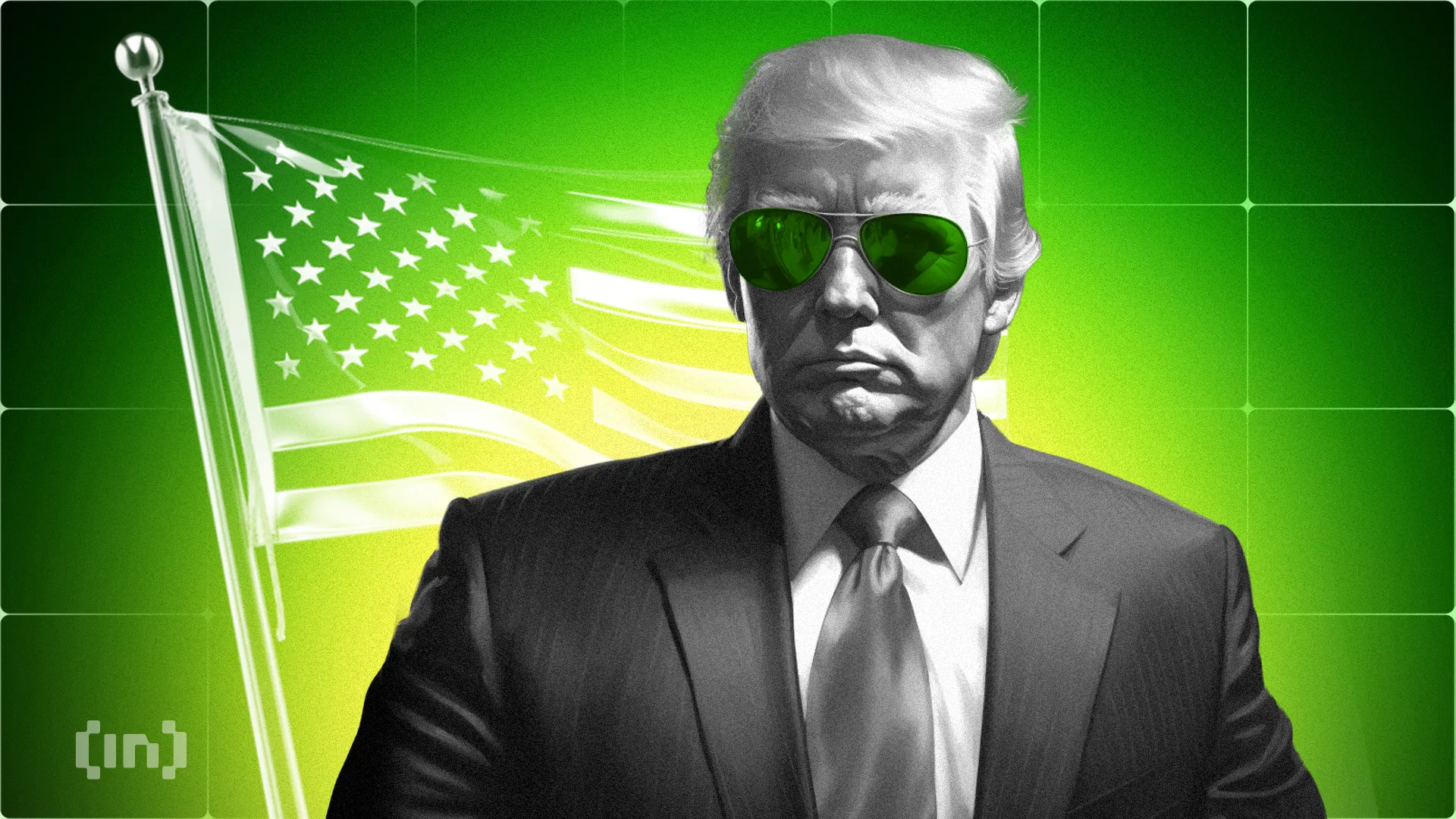
 Market20 hours ago
Market20 hours agoStrategic Move for Trump Family in Crypto
-

 Market19 hours ago
Market19 hours agoTop Crypto Airdrops to Watch in the First Week of April
-
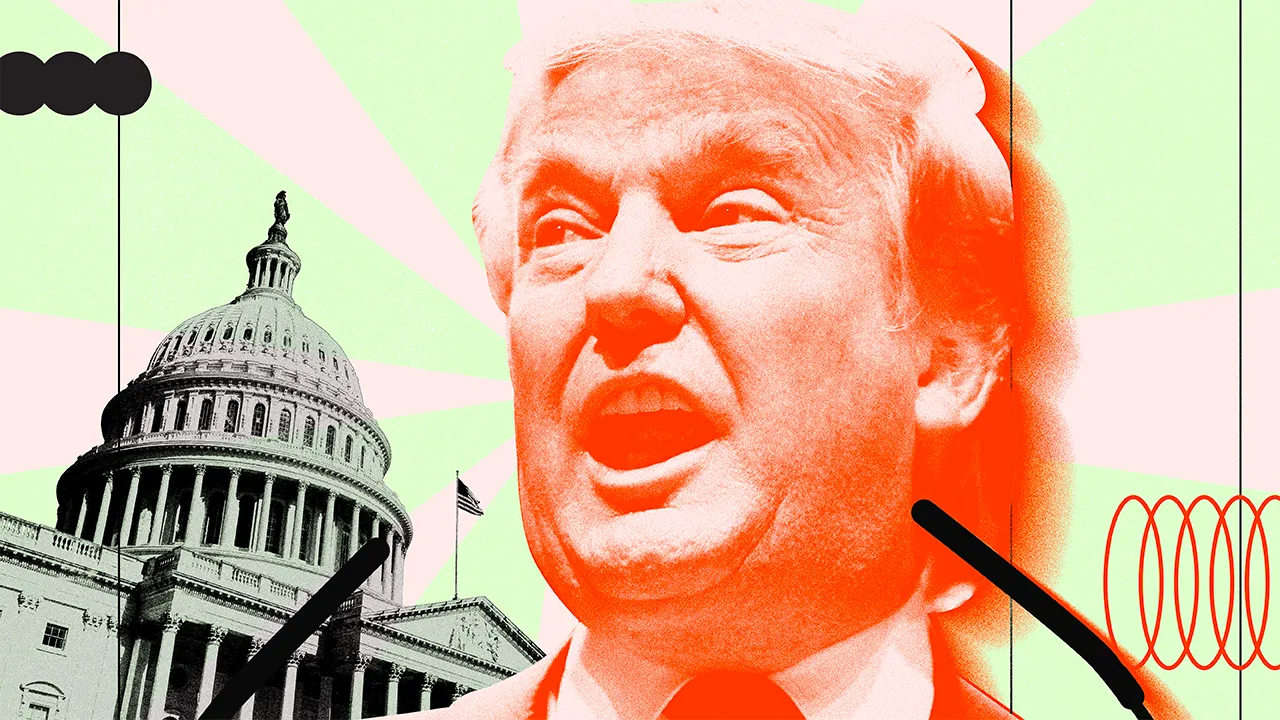
 Market14 hours ago
Market14 hours agoTrump Family Gets Most WLFI Revenue, Causing Corruption Fears
-
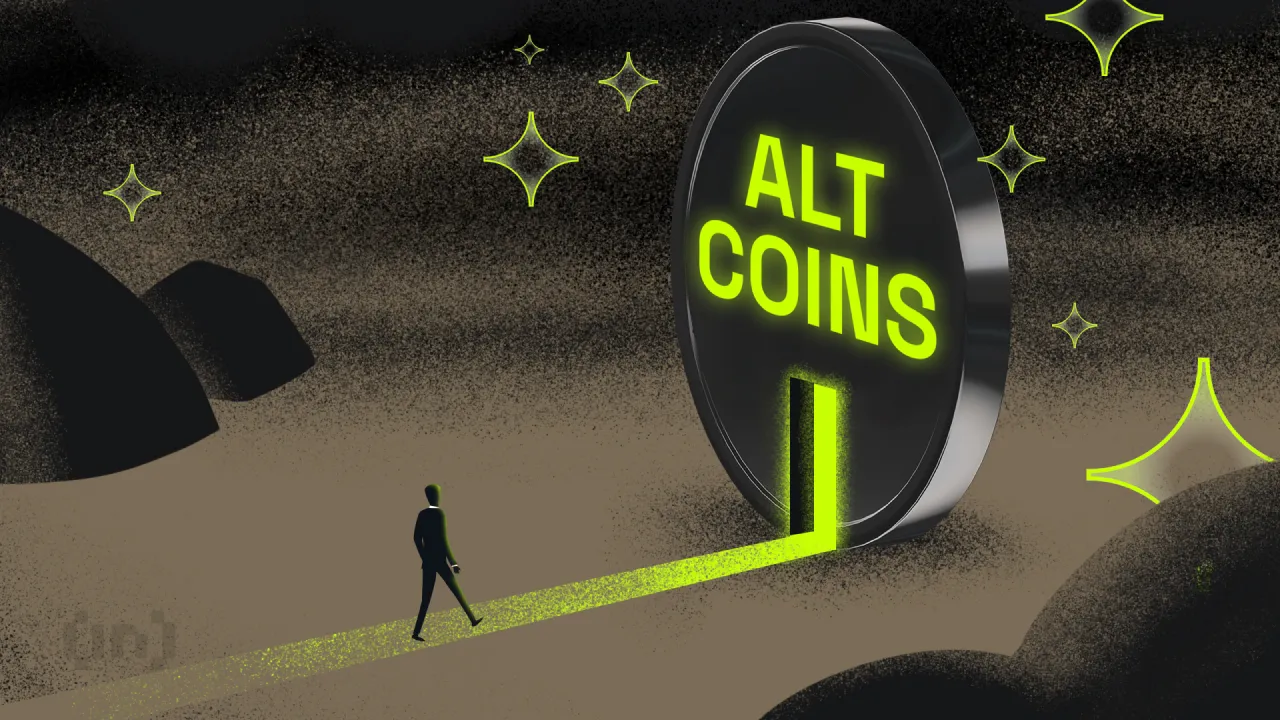
 Altcoin19 hours ago
Altcoin19 hours ago$33 Million Inflows Signal Market Bounce








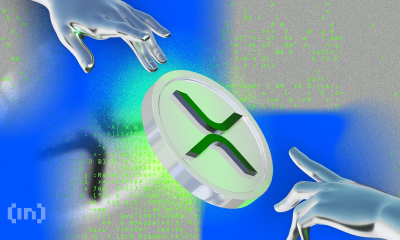





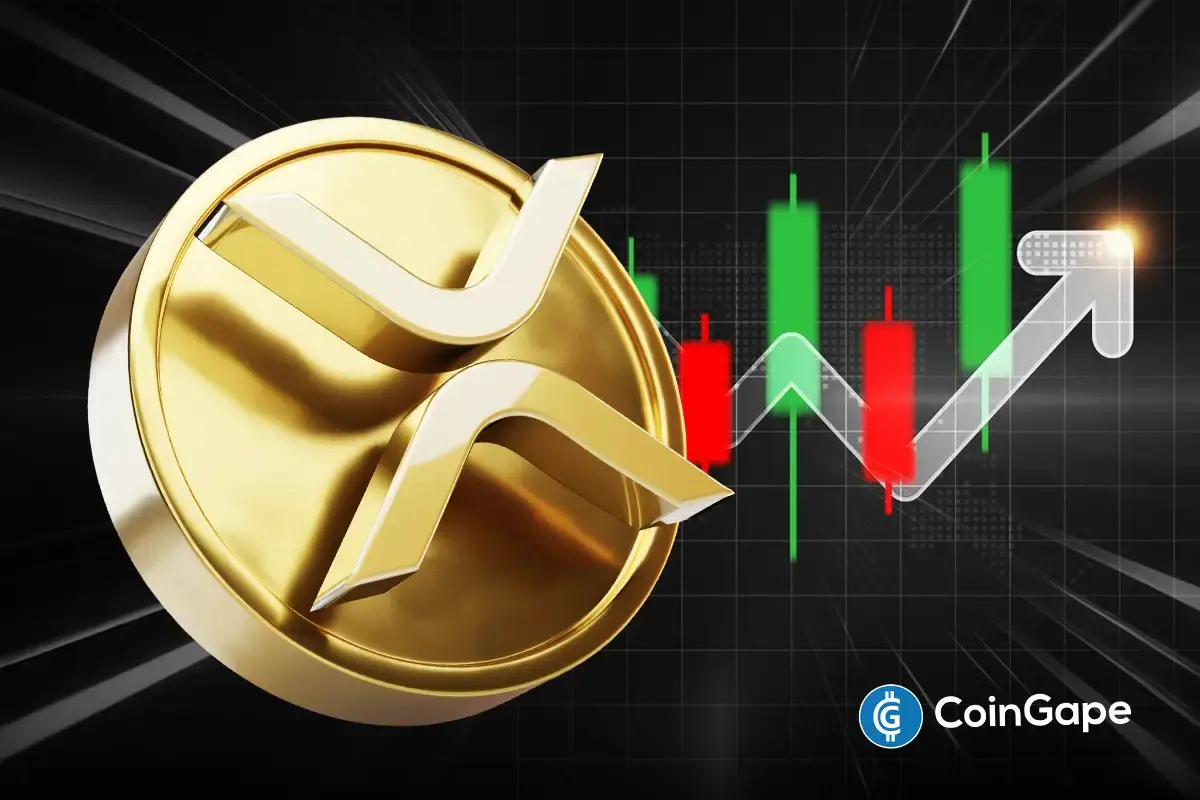








✓ Share: